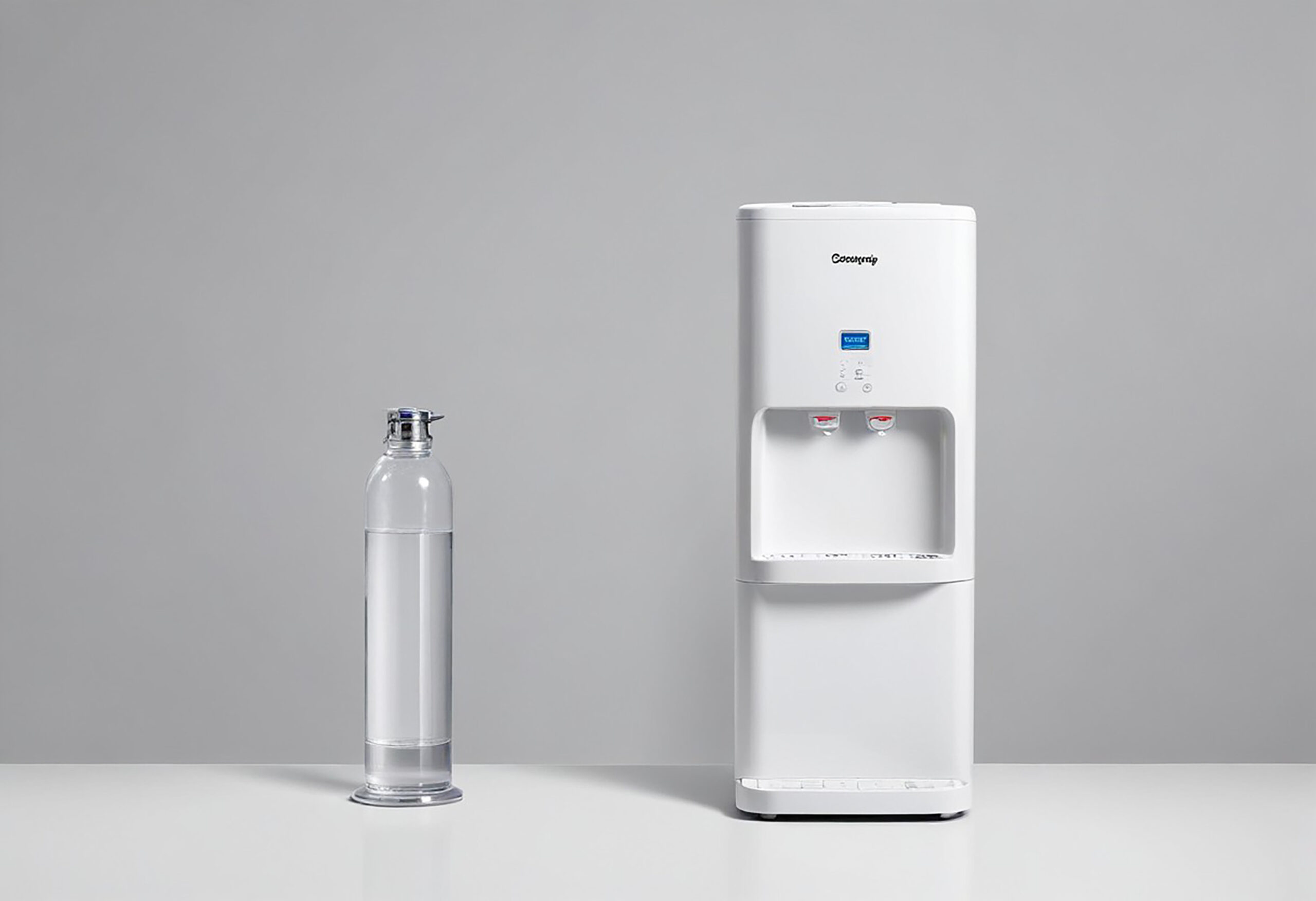
Water is one of the most essential elements of life, but not all water is safe to drink. Even when it looks clean, water can contain invisible contaminants such as bacteria, heavy metals, chlorine, or microplastics. These pollutants may have long-term effects on health, which is why more households and offices are turning to a drinking water filter as a reliable solution.
In this article, we will explore the importance of filtered water, the key benefits of using a drinking water filter, and recommendations for choosing the right one for your needs. By the end, you’ll understand why filtered water is not just a luxury—it’s a necessity for maintaining good health and overall well-being.
Why Clean Drinking Water Matters
Water quality varies widely depending on the source. Municipal water supplies are usually treated with chemicals like chlorine to kill harmful microorganisms. While effective for disinfection, these chemicals can affect the taste and smell of the water. In some areas, pipes may also leach heavy metals such as lead into the water supply. Well water or untreated sources may carry sediment, pesticides, or bacteria.
Drinking contaminated water, even in small amounts, can lead to issues such as digestive problems, skin irritations, and in severe cases, long-term health conditions. Ensuring that the water you drink is free from pollutants is not only a matter of taste but a matter of health. This is where a drinking water filter becomes indispensable.
Key Benefits of a Drinking Water Filter
1. Removes Harmful Contaminants
A water filter helps reduce or eliminate unwanted substances in your water supply. Depending on the filter type, it can remove chlorine, sediments, bacteria, viruses, pesticides, heavy metals, and even microplastics. This ensures that the water you consume daily is as safe as possible.
2. Improves Taste and Odor
Even if your water is technically safe, it might not taste or smell pleasant due to chlorine, sulfur, or other chemicals. A drinking water filter enhances the quality of your water by removing these elements, leaving it fresher and more appealing to drink.
3. Encourages Better Hydration
People are more likely to drink enough water when it tastes good. By improving flavor, filtered water encourages regular hydration, which is vital for energy, digestion, skin health, and overall bodily functions.
4. Healthier Alternative to Bottled Water
Bottled water may seem convenient, but it’s not always a healthier option. Many bottled waters are simply filtered tap water packaged in plastic. With a filter at home, you can enjoy the same (or better) quality water without the high cost or plastic waste.
5. Cost Savings Over Time
Buying bottled water daily quickly becomes expensive. A drinking water filter may require an initial investment and occasional replacement of filter cartridges, but the long-term savings are substantial compared to continuously purchasing bottled water.
6. Environmentally Friendly
Plastic waste is one of the biggest global environmental challenges. By reducing dependence on bottled water, you contribute to lowering plastic pollution. A simple decision to use a home water filter can significantly reduce your household’s plastic footprint.
7. Safe for Cooking and Food Preparation
Clean water isn’t just for drinking. Using filtered water when cooking, washing vegetables, or making beverages ensures that contaminants do not enter your food. This adds an extra layer of safety for you and your family.
Types of Drinking Water Filters
When selecting a drinking water filter, it’s important to understand the available types and their functions.
Activated Carbon Filters
Removes chlorine, odors, and organic compounds.
Improves taste significantly.
Common in countertop or pitcher filters.
Reverse Osmosis (RO) Filters
Provides one of the most thorough filtration methods.
Removes heavy metals, dissolved solids, and microorganisms.
Often used in under-sink systems.
UV Filters
Uses ultraviolet light to kill bacteria and viruses.
Often combined with other filter types for complete purification.
Sediment Filters
Traps dirt, sand, and rust particles.
Typically used as a pre-filter in multi-stage systems.
Ceramic Filters
Effective at removing bacteria and fine sediments.
Often used in portable or gravity-based systems.
Multi-Stage Filters
Combine different filtration methods for comprehensive purification.
Ideal for areas with multiple water quality concerns.
Recommendations for Choosing a Drinking Water Filter
When shopping for a drinking water filter, consider the following factors to ensure you get the right system for your household or office:
1. Understand Your Water Quality
Different areas have different water challenges. Test your water to determine if it has high chlorine, heavy metals, or microbial contamination. Choose a filter that specifically addresses those issues.
2. Decide on Capacity and Convenience
Pitcher filters are affordable and portable but best for small households.
Countertop filters are easy to install and convenient for moderate use.
Under-sink filters provide higher capacity and are more suitable for families.
Whole-house filters treat all water entering your home but may be more costly.
3. Check Maintenance Requirements
Filters require replacement cartridges at regular intervals. Choose a model with accessible and affordable filter replacements to ensure long-term use.
4. Energy Consumption
Some advanced systems, such as those with heating or cooling functions, may use electricity. If energy savings are a concern, opt for non-electric models.
5. Safety Features
For households with children, look for designs with safety locks or protective covers.
6. Space Availability
Consider where the filter will be placed. Compact filters are great for apartments, while larger models may be more suitable for big families.
Common Myths About Drinking Water Filters
“Tap water is always safe, so filters aren’t necessary.”
While municipal water treatment systems are effective, contaminants can still enter through old pipes or local sources. A filter provides an added layer of protection.“Bottled water is healthier than filtered water.”
Many bottled waters are essentially tap water with basic filtration. A drinking water filter at home provides the same quality without plastic waste.“Filters are expensive and hard to maintain.”
Modern filters are cost-effective and easy to manage. Most require simple cartridge replacements every few months.
Maintenance Tips for Drinking Water Filters
To ensure your filter continues providing safe water:
Replace cartridges as recommended by the manufacturer.
Clean filter housings and pitchers regularly.
If your filter has multiple stages, replace each stage according to its schedule.
Store the filter in a clean, dry area to prevent bacterial growth.
Final Thoughts
A drinking water filter is more than just a household accessory—it’s a vital investment in health, safety, and sustainability. With a filter, you eliminate harmful contaminants, enjoy better-tasting water, save money, and reduce your environmental impact.
Choosing the right filter depends on your water quality, lifestyle, and budget, but the benefits are universal. Clean water is not a luxury; it is a necessity for life. By making the switch to filtered water, you ensure that every sip you take contributes positively to your health and well-being.
So, whether you are a parent wanting the best for your children, a professional seeking convenience, or simply someone who values safe hydration, a drinking water filter is a simple yet powerful choice that delivers long-lasting benefits.


